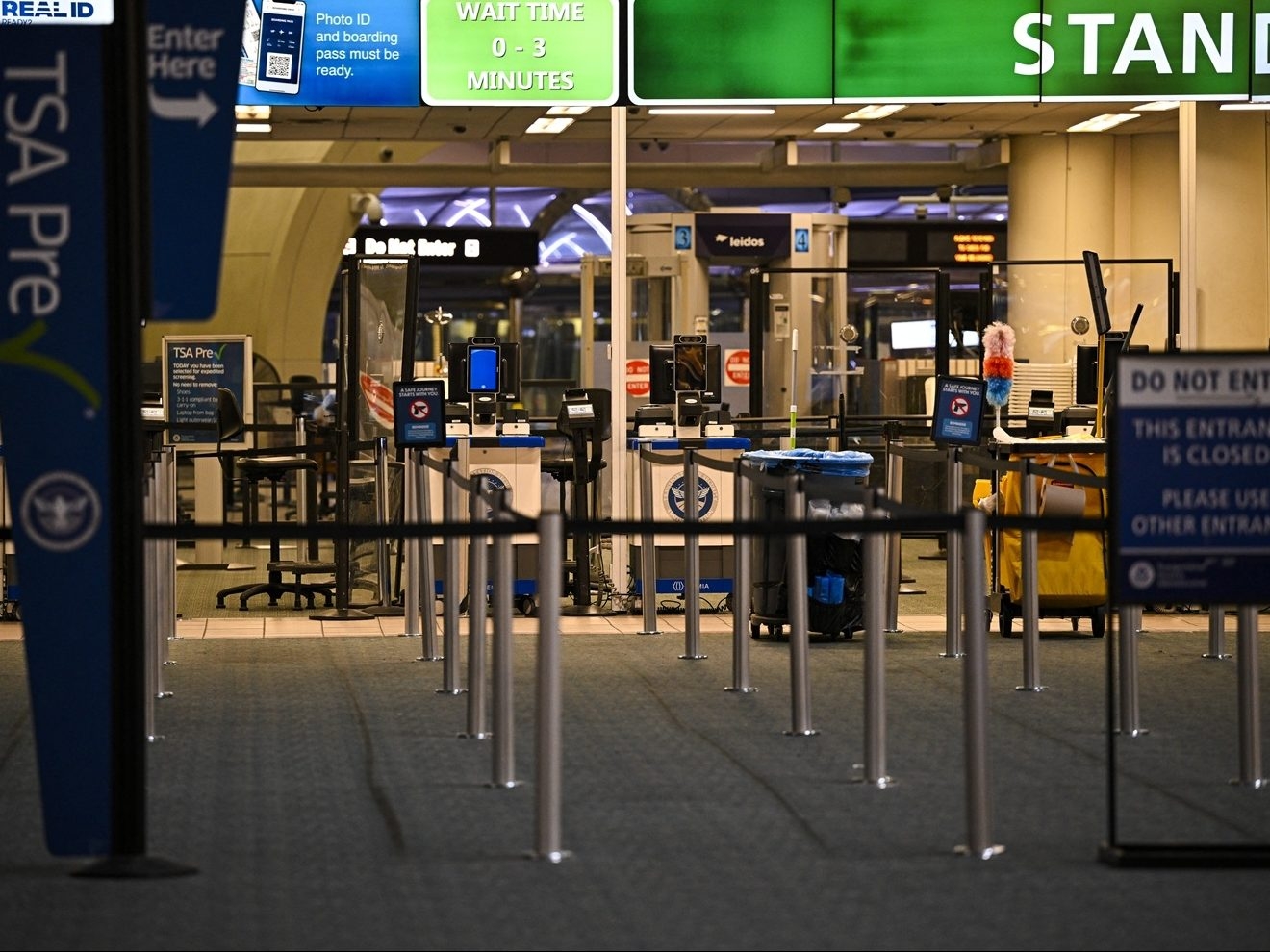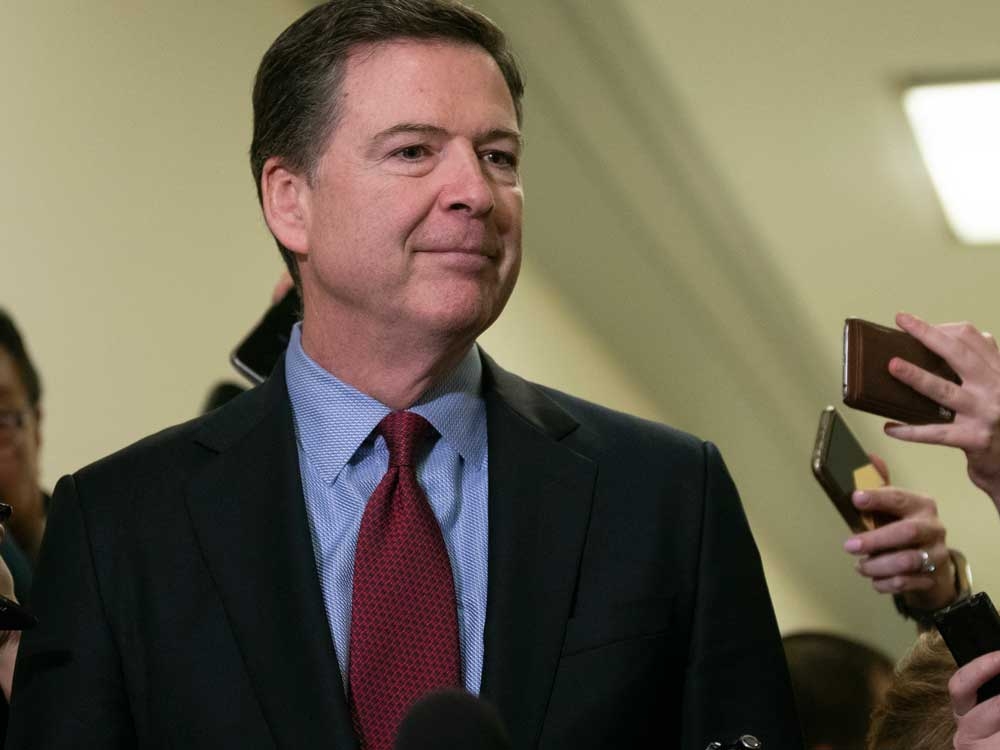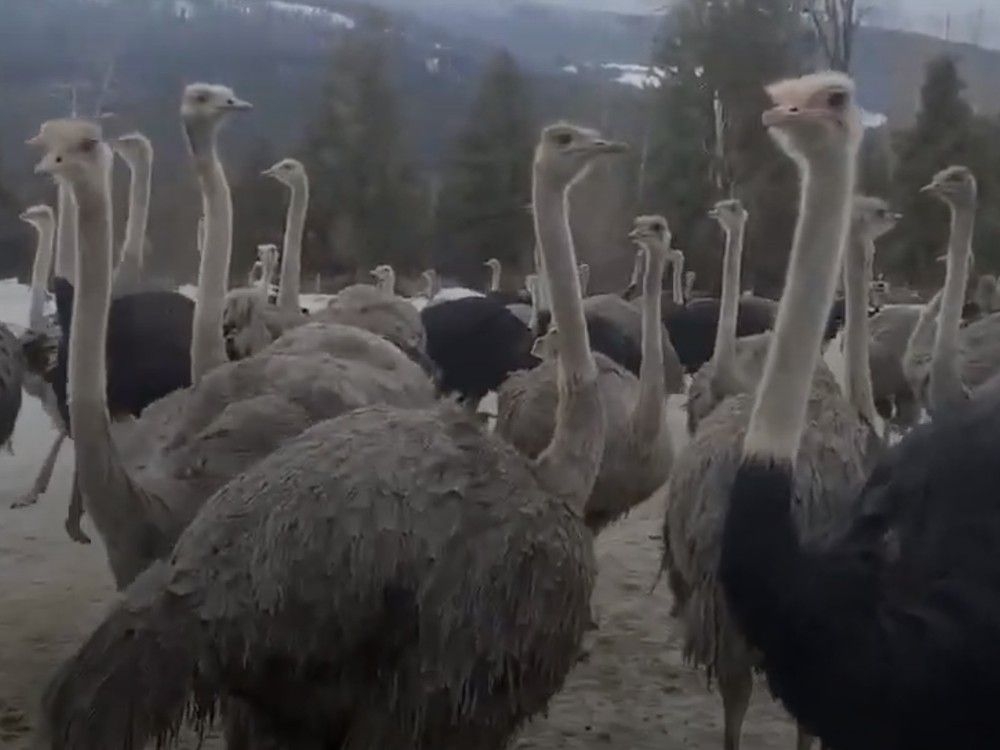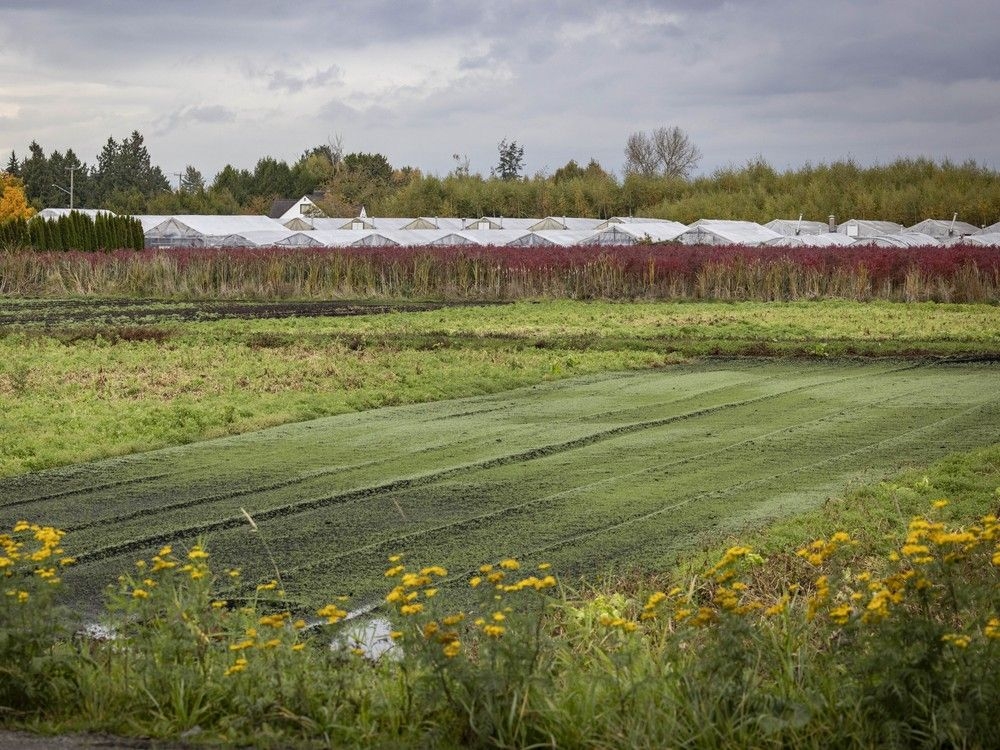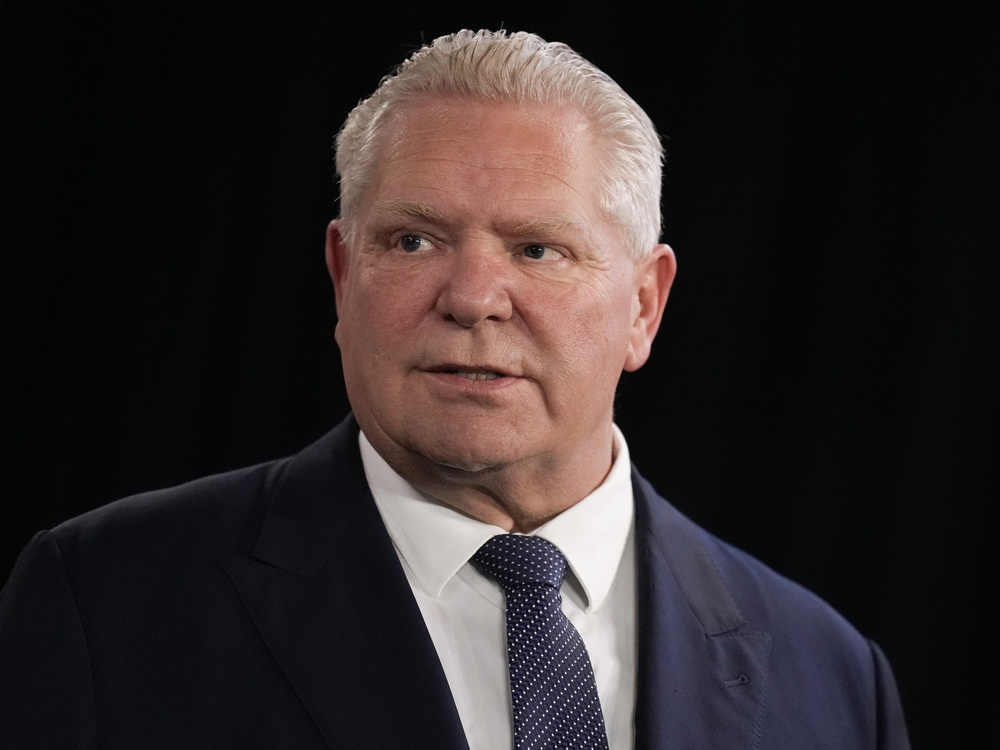The longest government shutdown in U.S. history – now stretching into its 36th day – is no longer a distant political battle; it’s a growing threat to air travel, potentially disrupting the plans of Canadians and travellers worldwide.
As federal workers face missed paychecks, a critical shortage is brewing within the nation’s air traffic control system. Transportation Secretary Sean Duffy announced a 10% reduction in air traffic capacity across 40 major markets, a drastic measure intended to maintain safety amidst the chaos.
The situation is rapidly deteriorating. Last weekend saw the worst air traffic controller shortages since the shutdown began, triggering increasingly long lines and widespread flight delays. Passengers at Houston’s George Bush Intercontinental Airport were warned to expect three-hour waits just to clear security.
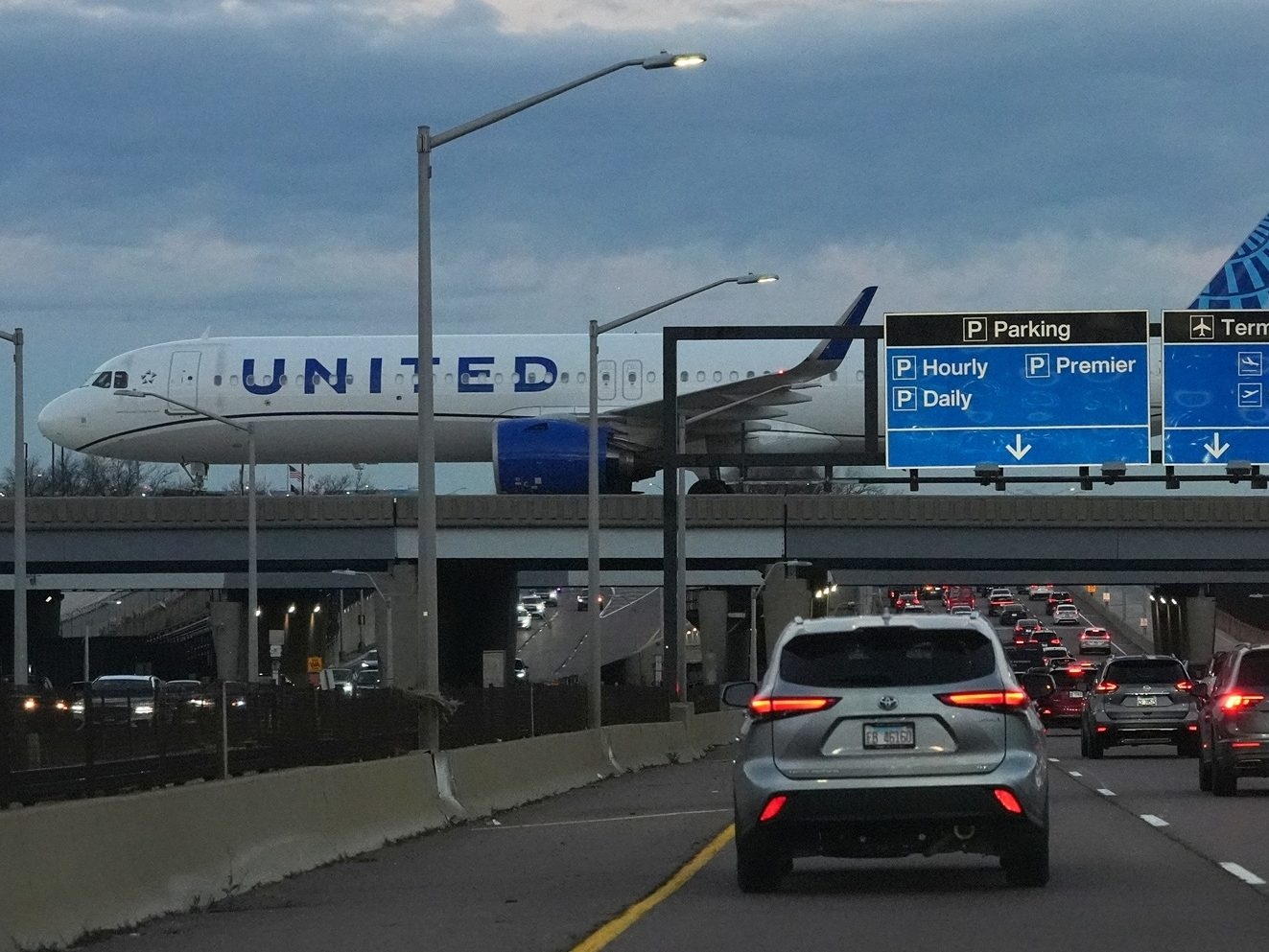
The impact isn’t limited to those travelling directly to or from the United States. Aviation expert John Gradek of McGill University explains that the North American air travel network is deeply interconnected. Delays in American airspace can quickly cascade, creating ripple effects throughout the Canadian system.
Consider a flight from southern Ontario to western Canada – a significant portion of that journey takes place over U.S. airspace. Even Canadians escaping to warmer climates in Mexico rely on safe passage through American-controlled skies.
The seamless handoff between Canadian and U.S. air traffic controllers, a cornerstone of efficient air travel, is now at risk. If specialized controllers in key locations like Albuquerque are absent, Canadian carriers could face significant operational hurdles.
Transport Canada is actively monitoring the situation, operating a 24/7 centre to assess the evolving risks. Travellers departing from Canadian airports are strongly advised to check the status of their flights before heading to the airport.
The current impasse stems from a bitter dispute between Republicans and Democrats. While Republicans claim their funding bill is reasonable, Democrats refuse to support it without provisions for expiring health care benefits.
President Trump insists he won’t negotiate on healthcare until the government reopens, confidently predicting Democrats will eventually concede. This echoes a similar standoff during his first administration, when a 35-day shutdown centered on funding for a border wall.
That previous shutdown revealed a critical vulnerability: essential personnel, like air traffic controllers and security staff, were forced to work without pay. As frustration mounted, sick calls increased, leading to crippling delays.
History appears to be repeating itself. The Federal Aviation Administration already faced staffing shortages before the shutdown, and the situation has now become critical. Nearly 13,000 controllers have been working without pay for weeks, with significant absences reported at key facilities.
The FAA issued a stark warning: “The shutdown must end so that these controllers receive the pay they’ve earned and travellers can avoid further disruptions and delays.” The future of air travel, for both Americans and Canadians, hangs in the balance.
